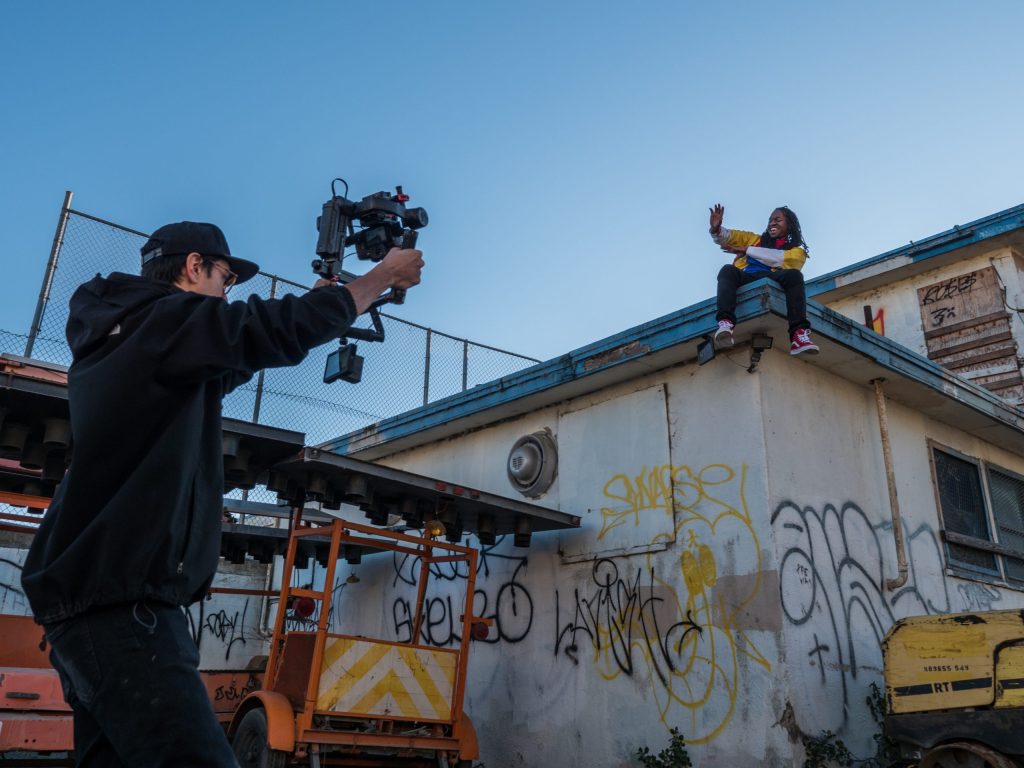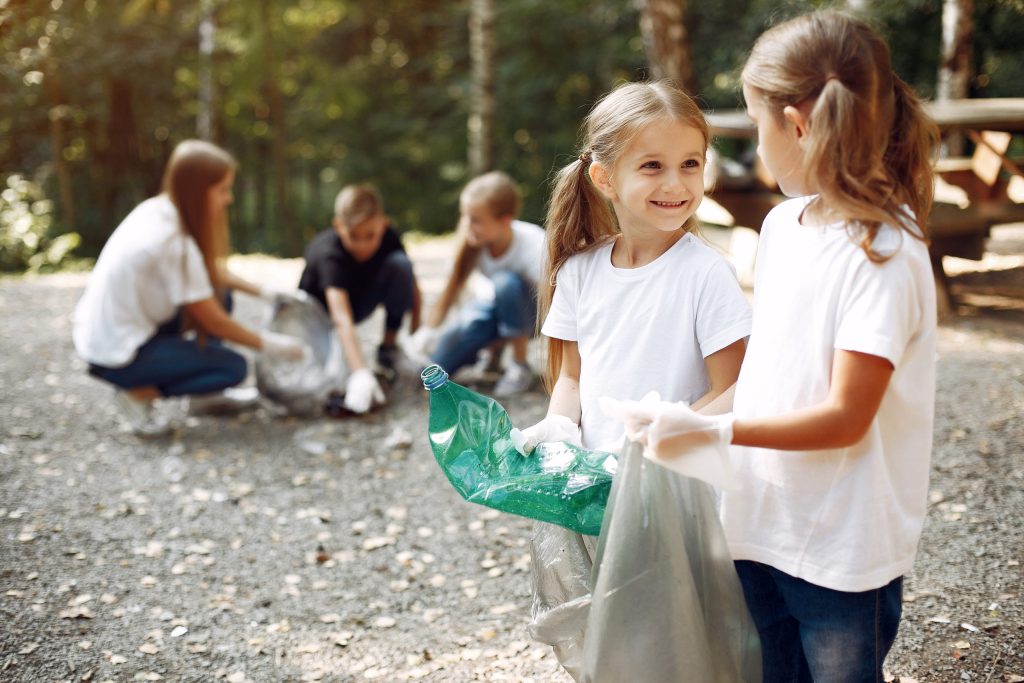Building a creative curriculum
1st October, 2016
How a creative curriculum is key to developing lifelong learners
by Sophie Stead, The Hill Resident
CLICK HERE TO VIEW THE ARTICLE
We all know that children learn more effectively when they enjoy the learning process and understand the relevance of a subject to their life. The ability to provide context to the world around us is a key part of any child’s development and an essential one to underpin their engagement in education. Of course, each student learns in a different way but the importance of building contextual and creative learning has been shown to generate a deeper understanding of a subject, build new connections and encourage children to think independently, essential skills for developing happy, confident learners.
Experts agree that providing context for a topic or subject is the best way to bring a subject to life. As Sir Ken Robinson passionately argued, “Learning happens in the minds and souls, not in the databases of multiple-choice tests.” It is far harder to learn new information when you cannot see the need or purpose. Context provides relevance, thus ensuring that students are absorbing, helping them learn (and remember!) something more easily. This form of applied learning is used often in Science, Technology, Engineering and Maths (STEM) but can easily be applied across the curriculum. When a child struggles to grasp a particularly difficult concept, placing it in context can make it easier to learn and understand the motivation for learning it.
At Enjoy Education, we often work with students who need learning support or stretching in a particular subject area to support them to achieve their best. Private tuition offers families the unique opportunity for one-to-one focus on their child to encourage an enjoyable learning experience by understanding their individual interests and motivations. All students learn differently and having a tutor means that your child’s individual interests can drive the curriculum and how a subject is taught. This encourages children to explore the subject beyond their classroom learning and in doing so, achieve a deeper insight that fosters independence.
One of Enjoy Education’s tutors, Jacob, uses the process of film-making to encourage his students to build new skills and think creatively. “I share with the students my knowledge of film-making and give them the external tools for creating stories and how to film them. This teaches a lot about creativity when they fill the scaffold we’ve created with rich content – I’ve seen car parks turned into space stations, a gym transformed into a pirate ship – all by lateral thinking, innovative use of resources available and a will to make the impossible possible!”

We want to create lifelong learners in children who are ready to learn and be open to ideas throughout both their school and adult careers. Creative curricula which provide context and bring learning to life help to ignite a student’s passion and curiosity for learning without focusing solely on the need to pass an exam. Building in context and creativity into the curriculum helps to associate learning positively with inquisition, meaning students are more likely to enjoy what they are being taught and achieve excellent grades.
The great joy of creative tutoring is that it helps young people learn in ways which are fun and fruitful. Ranti Williams, an experienced tutor, found that a creative learning environment engaged her students, encouraged them to ask questions and resulted in memorable lessons where concepts and topics lodge more readily in students’ minds. “More than anything, creativity makes sessions more enjoyable and therefore far more effective. In my experience, students not only remember what they’ve learned but start to think more creatively themselves which increases both their enjoyment of and their achievements in the subject. At its heart, creativity isn’t about whacky learning methods or high levels of technical and artistic ability but about thinking through how best to communicate a topic to your students and helping them come at what they’re learning from a different angle. This can involve anything from turning topics into a game (something that I’ve found works as well with sixteen year olds as six year olds) to using multi-coloured post-it notes to group ideas together.”
The great outdoors – whatever the weather – can provide you with an easy (and inexpensive) way of introducing new creative experiences to your children’s learning. Studies show that new experiences are a vital part of any child’s learning process and outdoor learning provides the ideal platform to incorporate the creativity that will engage your child in more ways than one! Whether you visit the local park to discuss ecosystems or get into the car to examine the role of speed, friction and air resistance in your journey – your surroundings offer a fantastic scope for exploring new as well as everyday experiences. A child’s educational development involves more than the traditional reading and writing – going to the theatre, acting out a science experiment or building things are all part of creating a well-rounded learner who has all the necessary skills to succeed.

In a world of exams, learning goals and mark schemes, it is important to instil the sense of power and positivity of learning that extends far beyond the school walls. Introducing creativity and context into the curriculum does just that. It fosters a growth mindset that focuses on improvement and learning, first, before grades and exams. This can be hugely beneficial for students who are struggling as it can help to reinvigorate their learning. Students who struggle tends negatively to associate learning with the difficulty of exams. Therefore, teaching that goes beyond the rigid curriculum can often redefine the nature of many students’ relationship with learning and in turn, help the students make considerable progress.
A growing recognition of the many complicated challenges which students will face after school is a further driving force behind the need for a more creative and innovative curriculum. Contextual creative learning places a strong emphasis on problem solving and lateral thinking – invaluable skills for life beyond school. Creative learning encourages the development of so-called ‘soft’ skills, such as: empathy, team work, initiative and tenacity that employers look for when hiring. Creative and contextual curricula can extend far beyond what is typically associated with learning and fuel the idea of a lifelong learner by enhancing skills that can be used even after a child’s educational career has finished.
Most importantly, developing contextual or creative learning into your children’s daily experiences doesn’t have to be complicated. Drip-feeding new learning concepts can make a huge difference. To support families, good tutors will naturally introduce this kind of creative and contextual learning into your child’s education. This investment in your child’s education, delivered at the right time, will undoubtedly build a sense of achievement and positivity to your children’s educational experiences. At Enjoy Education, our goal is to instil excitement and confidence in young learners to ensure that they have all the tools to be successful individuals able to enjoy learning far beyond the traditional school setting.